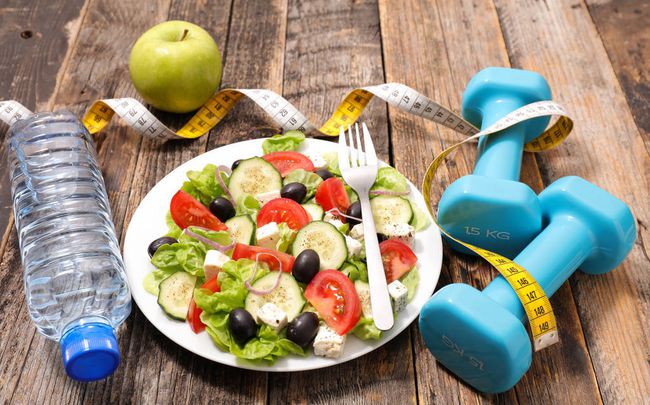For sports enthusiasts, eating a healthy diet is critical to performing at their best. Whether you’re a professional athlete or a weekend warrior, the food you eat can have a big impact on how you feel and perform. In this blog, we’ll explore top nutrition tips for the active sports enthusiast to help you fuel your body and achieve your goals.
1. Eat a balanced diet
A balanced diet should be a top priority for any athlete. That means eating a variety of foods from all the essential food groups: fruits, vegetables, whole grains, lean protein, and healthy fats. Each nutrient plays a unique role in supporting your body and improving your performance. For example, carbohydrates provide energy, protein helps build and repair muscle tissue, and fat supports hormone production and brain function. The goal is to eat a variety of nutrient-dense foods to ensure you’re fueling your body with the right fuel.
2. Proper hydration
Staying hydrated is especially important for athletes. Water helps regulate body temperature, transport nutrients and oxygen to muscles, and remove waste from the body. When you’re dehydrated, your performance suffers, so staying hydrated throughout the day is crucial. Aim to drink at least half an ounce of your body weight in water each day, and more during high-intensity workouts.
3. Eat regular meals and snacks
Regular meals and snacks can also help you perform at your best. Eating a small meal or snack before exercising can give your body the fuel it needs to work out. And post-workout refueling is just as important for helping the body recover. Experts recommend eating a meal or snack that includes carbohydrates and protein within 30 minutes of finishing your workout. This can help replenish energy stores and repair muscle tissue for improved performance and faster recovery.
4. Avoid processed foods
Athletes should generally avoid processed foods such as fast food, candy, and sugary drinks. These foods are often high in calories, sugar, salt, and unhealthy fats, so they’re not the best choices for fueling your body. Instead, eat whole, nutrient-dense foods that provide the essential nutrients your body needs to perform at its best.
5. Listen to your body
Finally, it is imperative to listen to your body when eating for athletic performance. Everyone’s body is unique and has different nutritional needs. Some athletes may need more protein, while others may need more carbohydrates or healthy fats. Pay attention to how your body responds to different foods and adjust your diet accordingly. If you feel sluggish or tired, it could be a sign that you’re not giving your body enough energy. On the other hand, if you experience bloating or discomfort after eating certain foods, it could be a sign that you need to modify your diet.
In conclusion, a good diet is essential for sports enthusiasts who want to perform at their best. By following these important nutritional recommendations, you can give your body what it needs to improve performance, recover faster, and feel your best. Remember to eat a balanced diet, stay hydrated, eat regular meals and snacks, avoid processed foods, and listen to your body for the best results. With these basic tips, you’ll be well on your way to achieving your exercise goals.
Post time: May-17-2023



